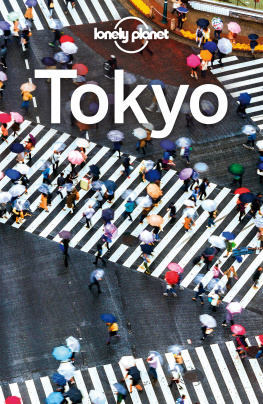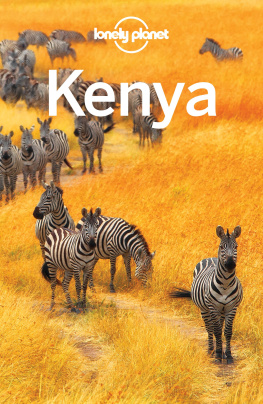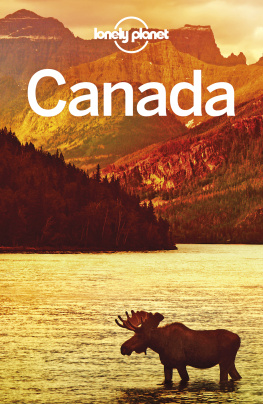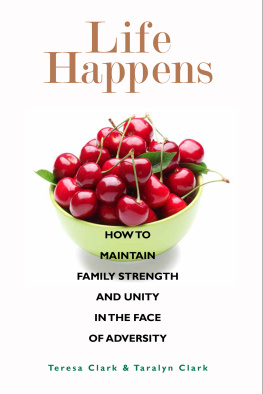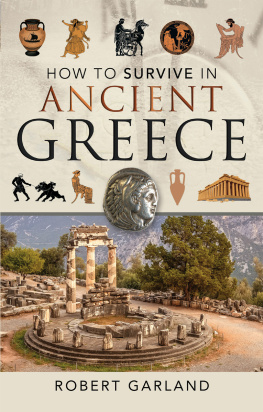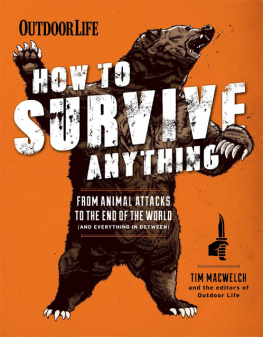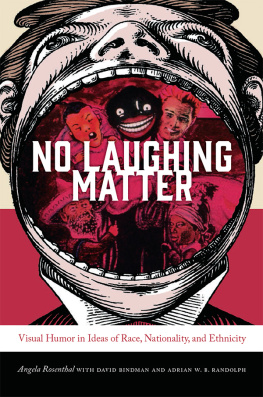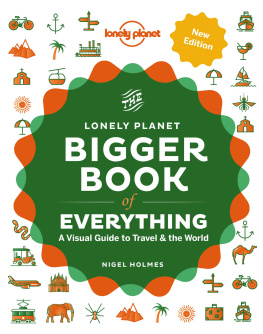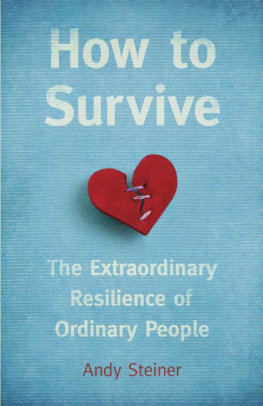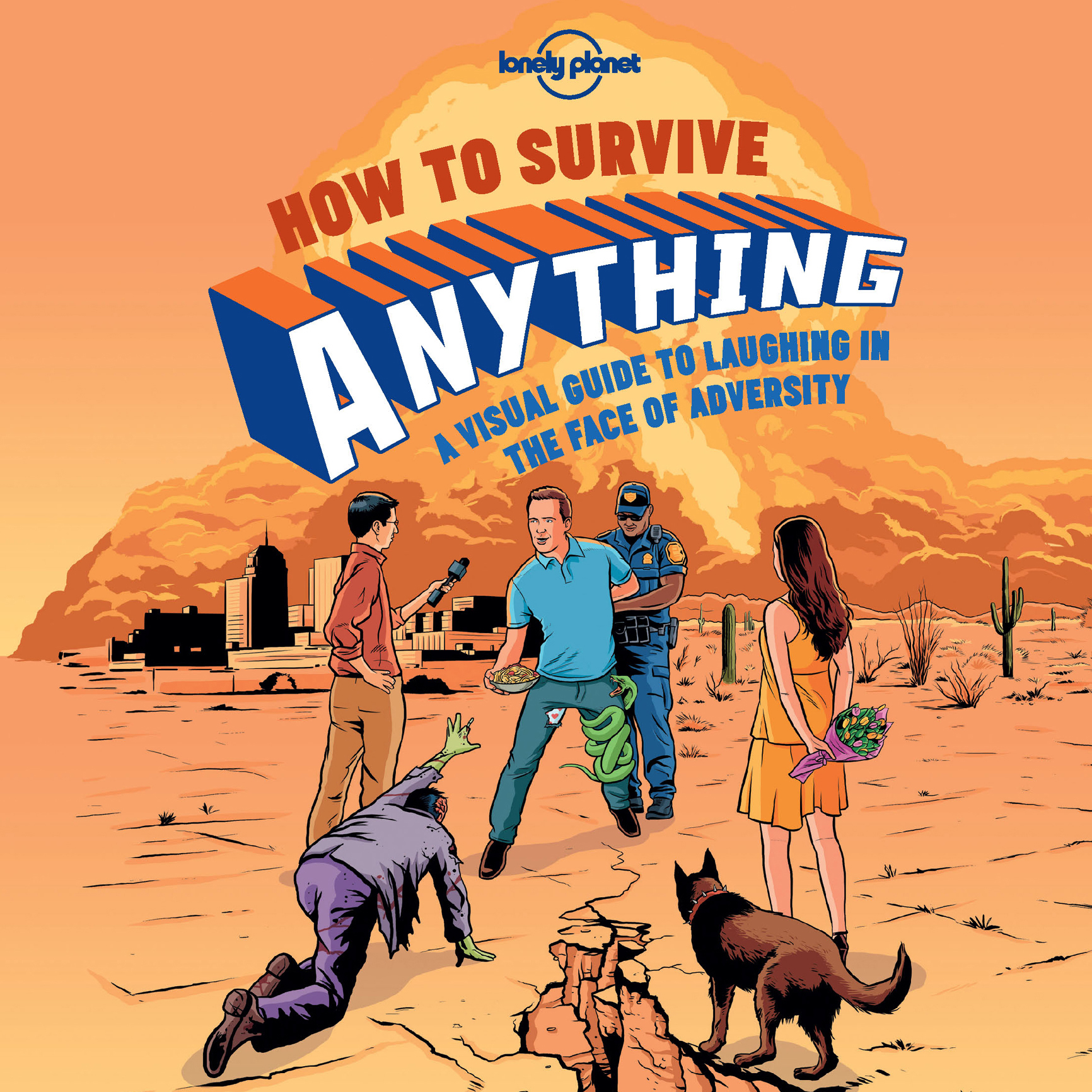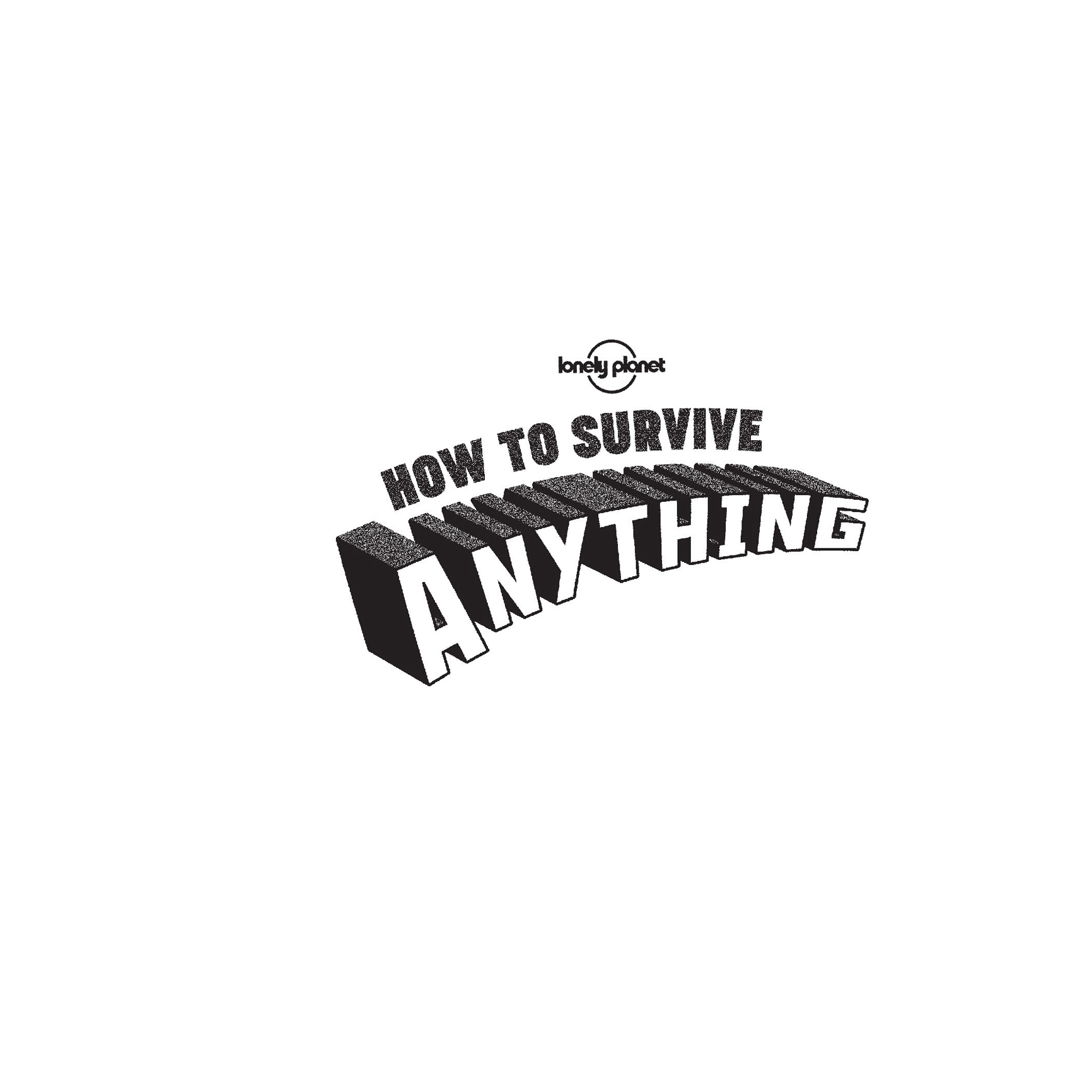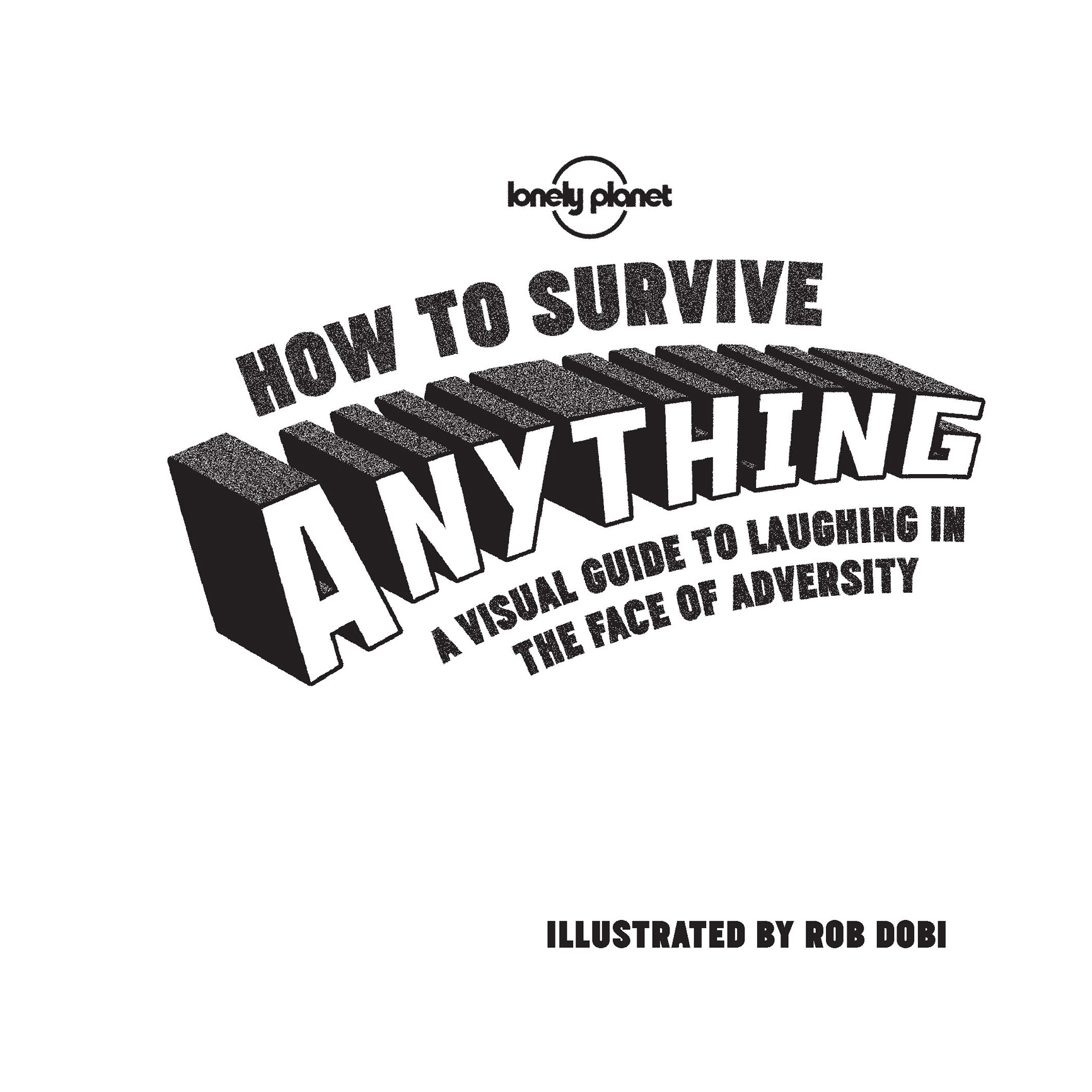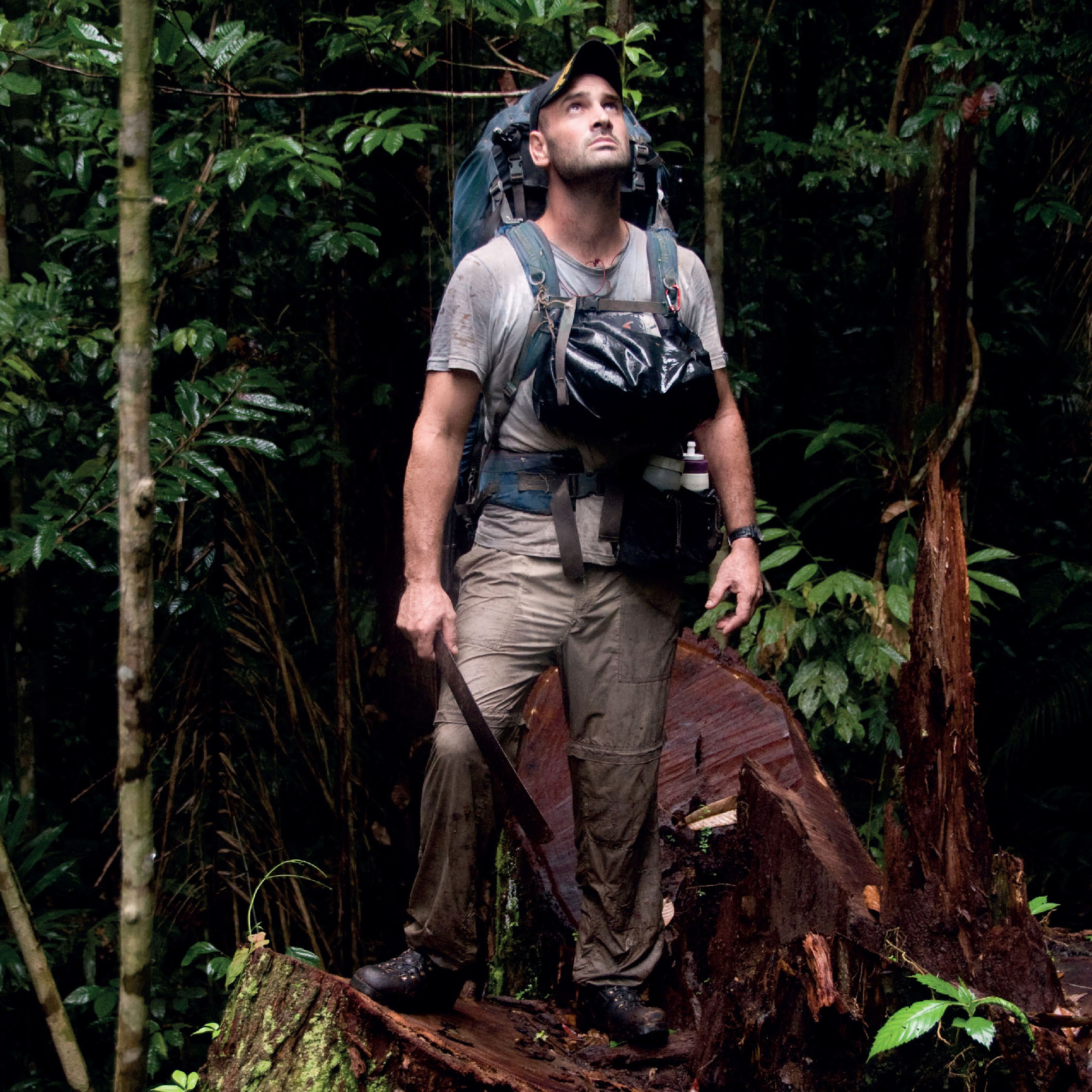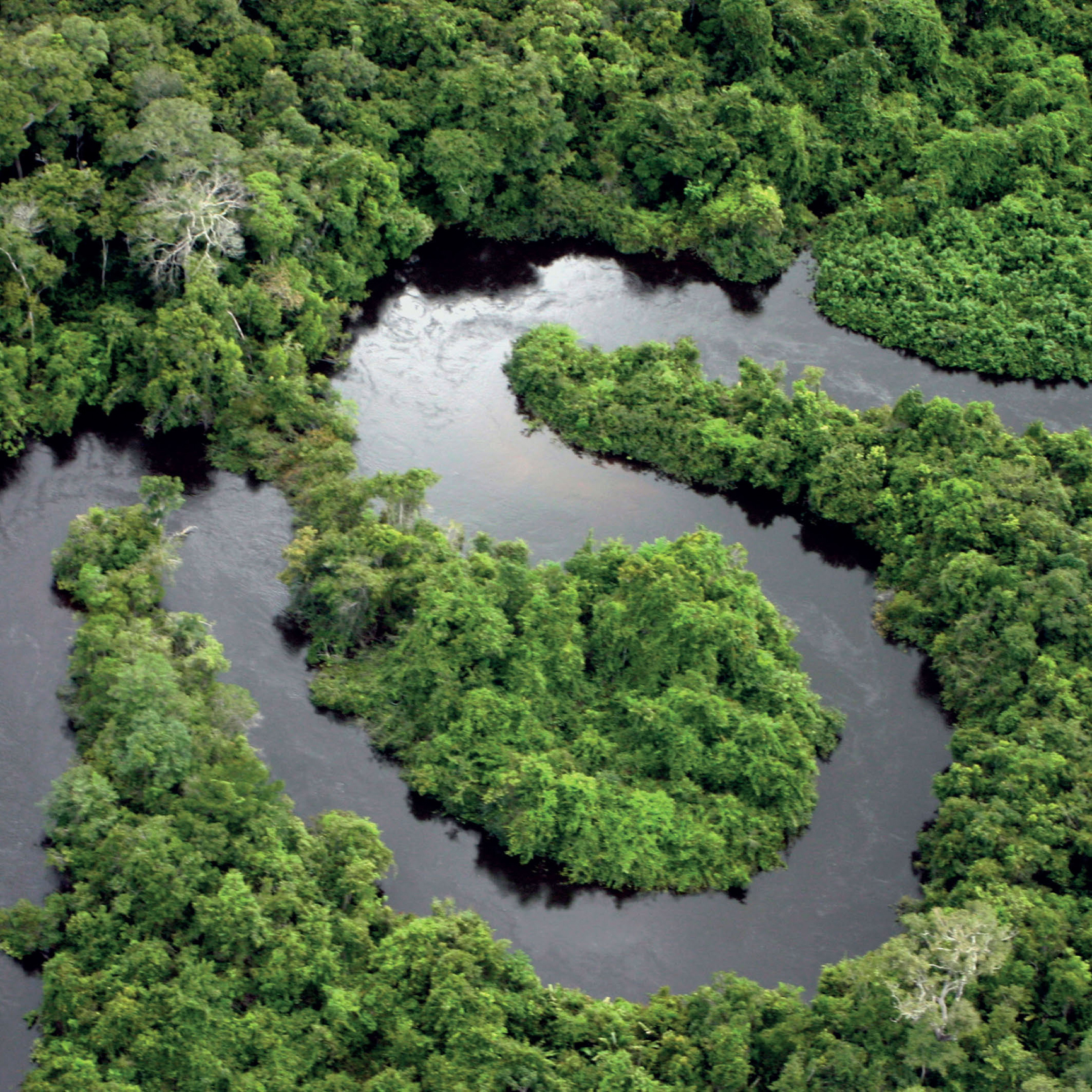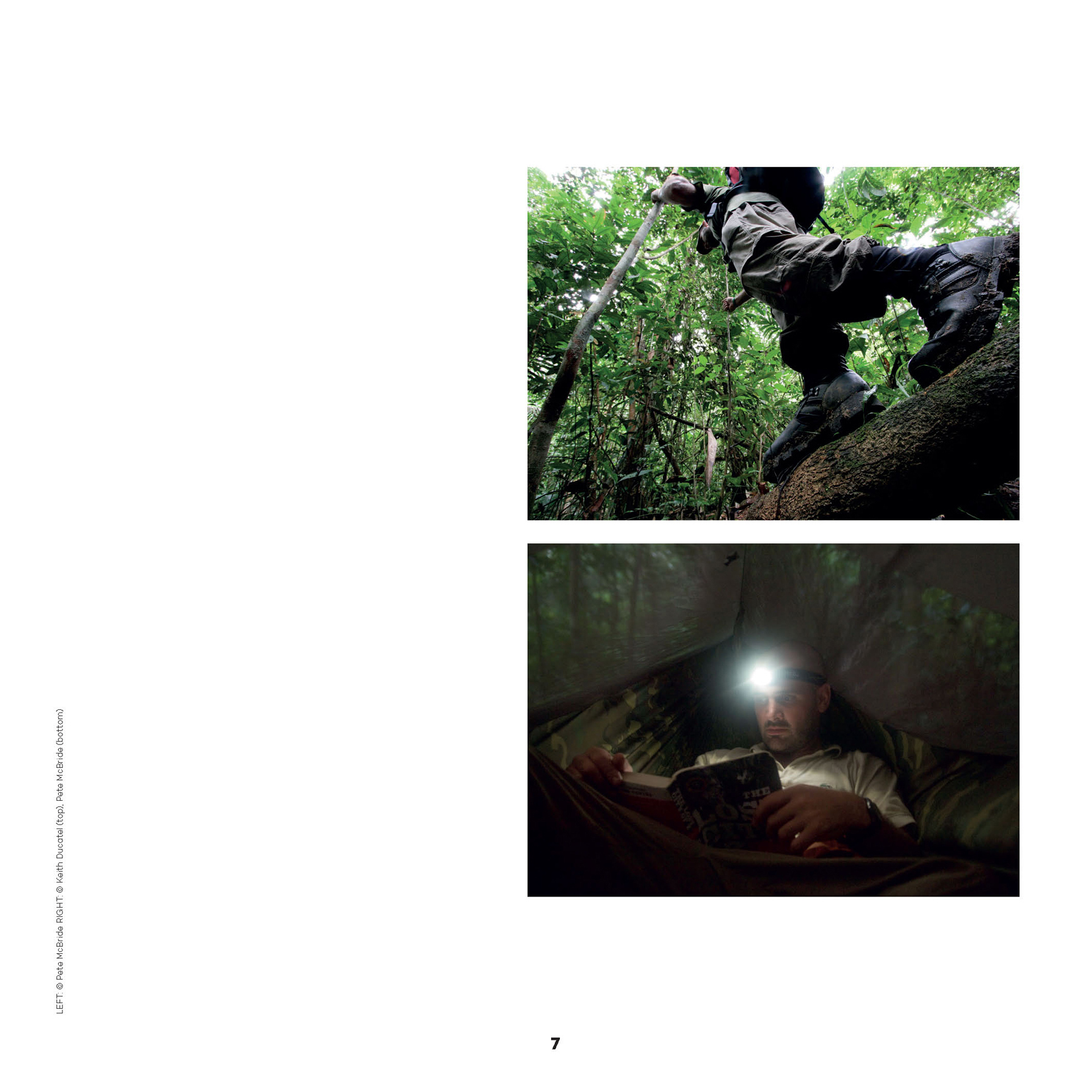
foreword
My name is Ed Stafford and Im alive.
Therefore, like you, Im a survivor. I dont
mean to be facetious but there are
many times in my life when I could
have died.
In 2010 I became the first human to walk
the length of the Amazon from source
to sea. Four thousand miles, 860 days,
seven pairs of boots, and one Guinness
World Record. Before I set out (and all
along the route) everyone told me I was
going to die. On the way I was held up at
arrow point by Asheninka Indians, at gun
point by drugs traffickers, electrocuted
by an electric eel, and arrested for
suspected murder by Shipebo people.
I suppose the naysayers were right
I could have died. But I didnt.
Fast forward two years and I chose to
strand myself naked (and with nothing
to help me survive) on an uninhabited
island in the Pacific for 60 days. With
no-one to talk to, I built an existence
from scratch. Eating raw snails and
coconuts eventually progressed to
managing to light a fire and opening up
new possibilities such as roasting feral
goats legs. I built myself a home in the
trees and, after two months on my own,
even plumbed it with guttering and a
rainwater collection tank made from
washed-up debris. I proved to myself
that I could survive with nothing but
two hands and half a brain.

Why do I take on such trips? Of course, I thrive
off the adrenaline. But its more than that. I was
adopted as a baby, and that lies at the heart
of it: I am genuinely grateful to have even been
born. It could easily have been very different.
I was lucky and I was given my crack at living
a full life. We all are, I suppose. I have no
intention of wasting it.
But things dont always go to plan. On one
occasion in the Amazon, when I was over two
weeks walk from any human settlement, my
GPS died. I wasnt sure if it was the unit or
whether there had been a nuclear war as all the
satellites had gone down. It didnt really matter.
I had to make do with a 1:4,000,000 tourist
map of South America and a cheap compass.
There was such a high margin for error in my
calculations each day that they were a joke.
If it hadnt been life-threatening, it would have
been hilarious. The advice in this book on how
to survive in the wild without GPS (pages
) might just have come in handy. Hindsight
is a beautiful thing, as they say.
Sometimes, prevention is better than cure.
I was once stranded naked in Rwanda without
any form of sun protection, so I covered my
head and shoulders in hippo faeces. It
stopped me from burning and my girlfriend
even commented on how smooth my skin
was when I got home. Bonus.
My favourite survival trick is one I stole off an
old expedition colleague of mine called Luke.
Our plan, in the event that we encountered
hostile tribes in the Amazon, was for Luke to
whip out his juggling balls and start performing.
We figured nobody would kill someone who
was juggling. As a non-juggler I just hoped
that our assumption also stretched to jugglers
mates. Happily, we never had to find out.
But you dont have to be in a remote or hostile
place to get into trouble. After a late night
a few years ago (and feeling somewhat the
worse for wear) I found myself locked out of
my room in a Central London hotel with no
clothes on (it does seems to be a recurring
theme). With no desire to bare all in reception
downstairs, I just called the lift and pressed
the alarm button. As if by magic, a flustered
employee fumbling a large set of room keys
appeared. Phew. To those unfortunate enough
to share this fate, there are some face-saving
tips on pages .
For me survival has never been about He-Man
strength or Boy Scout preparation. Nor do I
think you need the courage of a bear or the
cunning of a fox. I personally think you can
survive any situation if you treat it like a game.
Games require you to be focused and alert, but
importantly they are just that: games. In this
state of mind, you are less likely to freeze, or
panic and make rash decision, or flap and do
nothing. Your adrenaline will be channelled into
constructive behaviour and the things you do
will seem easier and more achievable. It seems
a subtle change in outlook but its a very,
very useful one.
Enjoy the book and, as the SAS Survival
Handbook used to unhelpfully say, Can you
survive? You have to!
Thanks for that, chaps...
Ed Stafford
edstafford.org
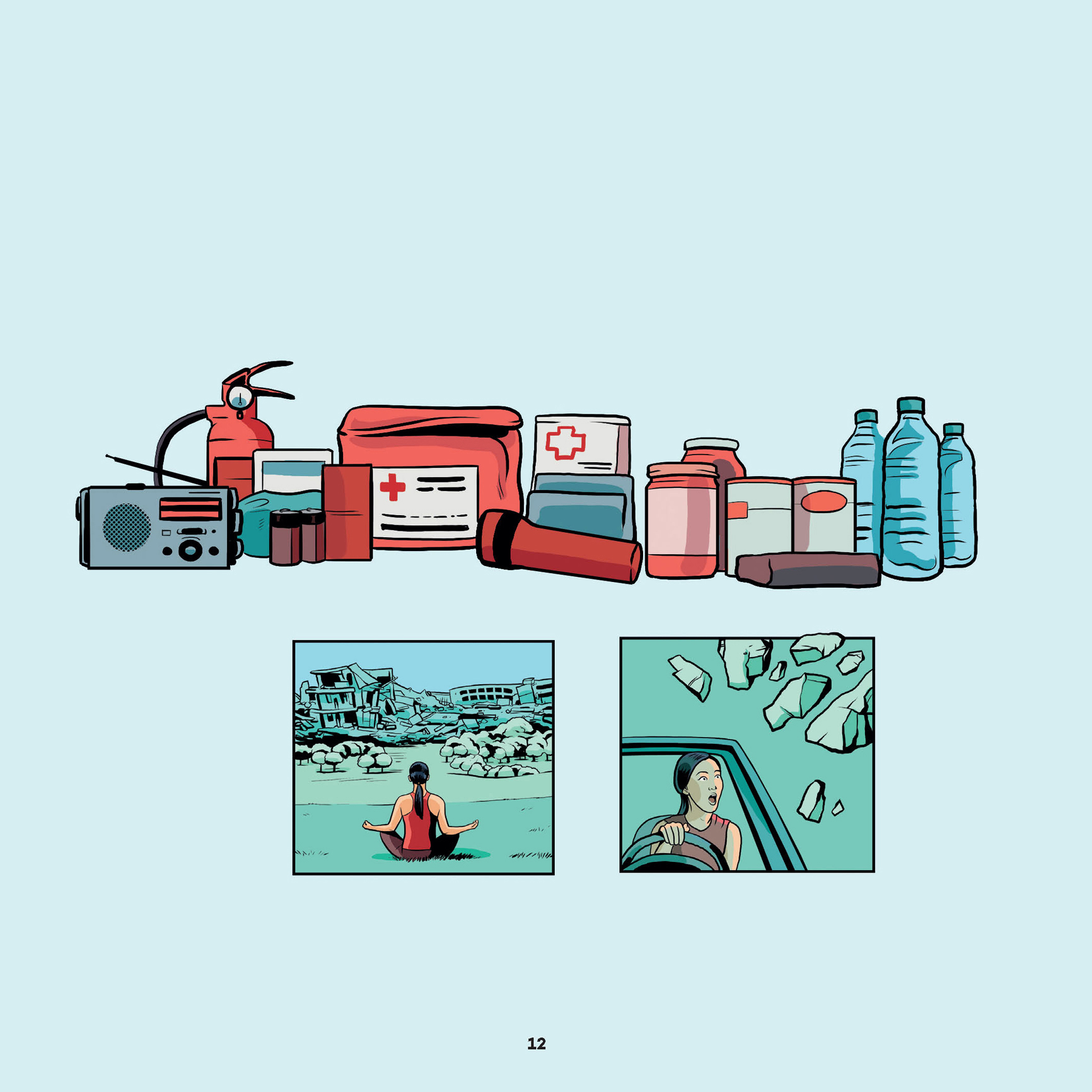
HOW TO SURVIVE AN
earthquake
There are roughly 50 earthquakes around the world every day. Luckily, most of them are
no great shakes, being minor or too small to feel. But there is always an exception, and
the Big One could hit at any time.
Plan ahead. Channel your inner Boy Scout and stock up on





